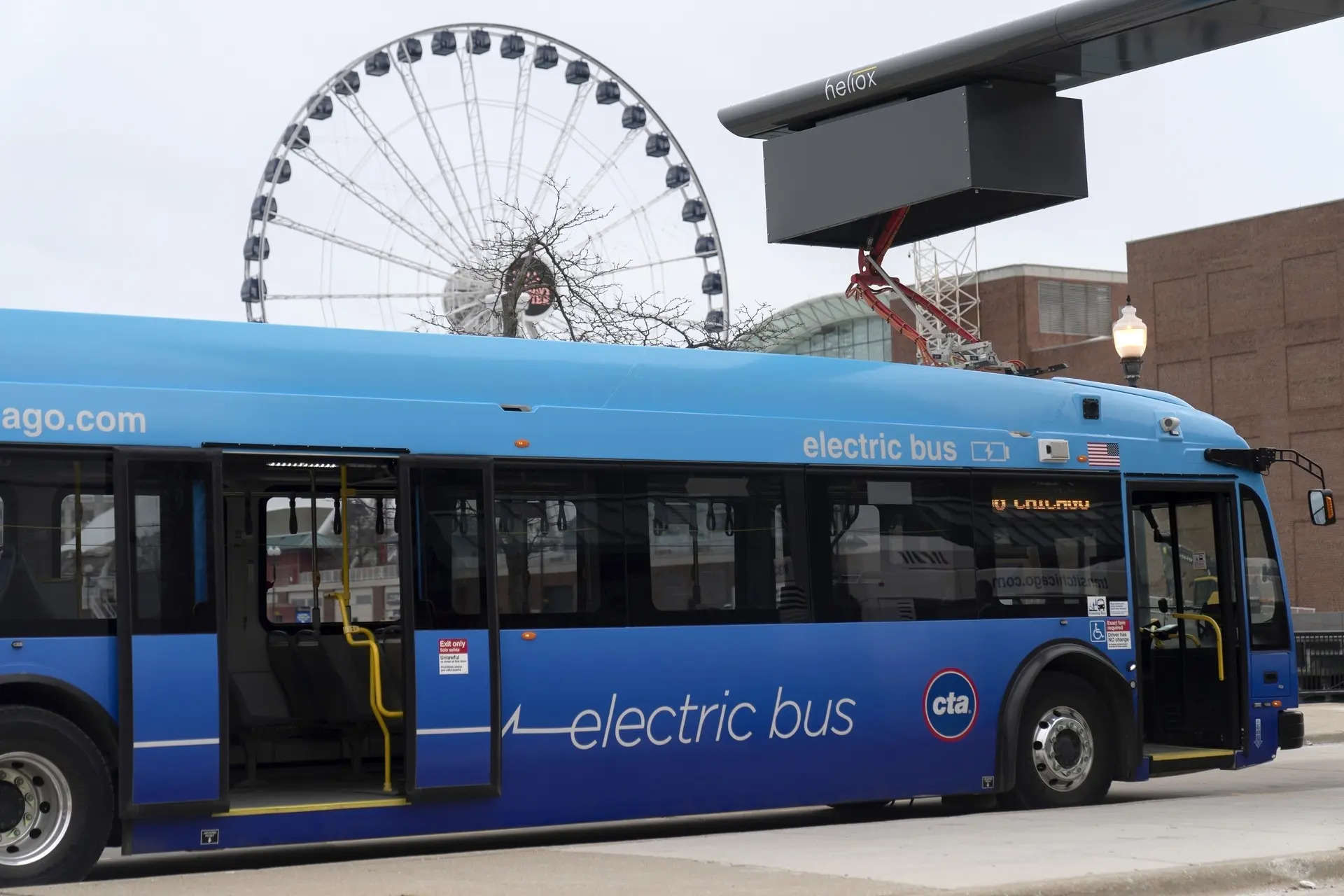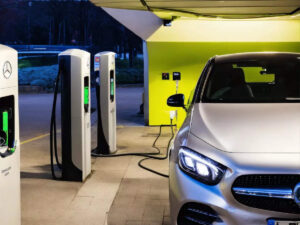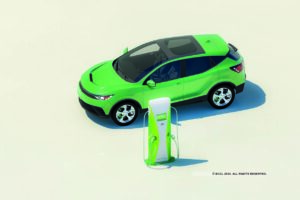
Electric bus (e-bus) sales in India are expected to increase by 75 to 80% year-on-year, driven by government policies aimed at reducing carbon emissions in public transport. Research firm Crisil Ratings forecasts that the supply of e-buses will surge to 6,000-6,500 units this fiscal year. This is due to tenders awarded under schemes like FAME (1 and 2), the National Electric Bus Programme (NEBP) by CESL, and the PM-eBus Sewa Scheme.
Crisil Ratings highlighted the role of government initiatives in boosting e-bus adoption. Gautam Shahi, Director at Crisil Ratings, said, “e-bus adoption is truly in a sweet spot because the interests of STUs and bus operators are being taken care of under the GCC model, with optimal distribution of risk among stakeholders.”
The push for e-buses is also attributed to economies of scale in production and declining battery costs, which lower the purchase price of e-buses. According to Crisil Ratings, this could result in more affordable rentals per kilometer for state transport undertakings (STUs), further supporting adoption.
Pallavi Singh, Associate Director at Crisil Ratings, noted, “Existing strong e-bus orderbook, along with the remaining orders of 7,800 buses to be awarded under the PM e-Bus Sewa Scheme 4 will give a fillip to the sector. The government is expected to further augment this scheme, which will continue to support growth of e-bus sales over this and next fiscal.”
As these initiatives progress, the adoption of electric buses in India is set to grow significantly, contributing to both economic and environmental benefits. The ongoing government push and supportive policies are expected to keep the momentum going, ensuring sustained growth in e-bus sales in the years to come.






